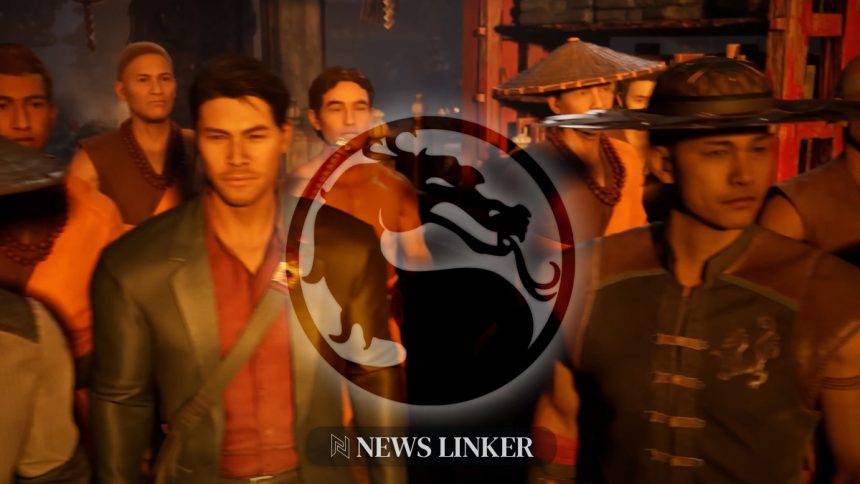Excitement surrounding the Mortal Kombat film franchise continues as a third installment officially received approval prior to the wide release of Mortal Kombat 2. The New York Comic-Con served as the platform where screenwriter Jeremy Slater announced his involvement in writing Mortal Kombat III. The anticipation for this sequel comes amid rescheduled plans for the second film’s release, which is now set for May 15, 2026. This proactive move signals significant confidence from production companies New Line and Warner Bros., who view the franchise as a dependable source of audience engagement. Film fans have contributed to this momentum, as evident from the large number of trailer views and positive early feedback.
Earlier reports about the Mortal Kombat movies had focused primarily on the performance of the first film and the studio’s caution regarding a sequel. Initial discussions did not hint at greenlighting a third film before audiences saw the second. Shifts in release dates were less common for the brand, and previous sequels relied more on box office outcomes after release. The prompt approval and early writing of a third movie underscore a new strategy by New Line and Warner Bros., likely influenced by streaming metrics, widespread franchise popularity, and the growing importance of video-game adaptations in Hollywood. Compared to past practices, the studios now seem more proactive, leveraging online engagement and fanbases as major indicators.
What Drives the Early Approval of Mortal Kombat III?
Warner Bros. and New Line’s decision stems from robust fan interest observed in recent months. Mortal Kombat 2’s trailer amassed 107 million views on YouTube within its first day, reinforcing the perception that the series commands an extensive following. According to reports, internal screenings have also yielded positive responses, providing studios with additional assurance regarding the franchise’s prospects. The major studios are not only reacting to fan enthusiasm but also planning for sustained investment in the series.
Which Key Creative Figures Are Involved in the Franchise?
Jeremy Slater is set to write the script for Mortal Kombat III, continuing his collaboration with the studios. During a panel for Mortal Kombat 2 at the New York Comic-Con, Slater shared:
“Our friends at New Line and Warner Bros. are so happy with this movie. They are so excited, they’re so convinced there is a giant fanbase waiting for it, that they’ve already hired me to start writing the next instalment.”
The franchise is expected to bring back familiar performers such as Lewis Tan and Karl Urban, solidifying its ties to the original games. Casting choices like Karl Urban as Johnny Cage aim to appeal both to established fans and audiences unfamiliar with the games.
How Does the Wider Mortal Kombat Brand Perform Beyond Films?
Mortal Kombat’s success stretches into the gaming arena, with Mortal Kombat 1 reportedly ranking as the best-selling fighting game of its generation. Despite significant changes, including the departure of veteran developer Dan Forden (noted for the iconic “Toasty” soundbite), the franchise maintains cultural visibility. This momentum in the gaming market is likely to support the cinematic universe’s continued production, ensuring that both arms of the franchise benefit from mutual popularity and growth.
The current strategy by Warner Bros. and New Line marks a new phase for video game adaptations. Judging future projects through the lens of online engagement and preliminary feedback, rather than strictly by box office returns, reflects changing attitudes in Hollywood toward franchise management. This approach can be informative for other studios considering adaptations of well-known gaming properties. Moviegoers and gamers alike may find this interconnected strategy promising, as it integrates multiple audience touchpoints. Fans can expect consistency in the storyline and casting, while newcomers might be drawn in by the franchise’s growing cultural footprint. Timely announcements and production commitments demonstrate a calculated effort by studios to maximize fan anticipation and investment.










